About Us > How we have helped so far > Ron
In the rich tapestry of military history, the personal accounts of veterans like Ron hold a significant place. At 100 years old (at time of writing, December 2023), Ron’s recollection of his military experience during World War II is not just a narrative of service but a profound testament to the human spirit in times of conflict.
Ron was called up to serve in 1942, against the backdrop of a world at war. As part of the Royal Engineers Regiment, he began his military journey with basic training – a regime that instilled the fundamentals of military life, from the meticulous care of uniform to the discipline of drill. Yet, Ron’s skills soon redirected his path to the Royal Engineers as a sapper, a role that was crucial in supporting the army’s technical and engineering needs.

For Ron, the transition from civilian life to military was steep. He had worked for the gas company before the war, a skilled job that, while not directly related to engineering, deemed him suitable for the Royal Engineers. His training at Paddington College in London was the first step towards specialising in this new role.
The early days of Ron’s service were marked by a rigorous and sometimes bewildering training regime. He recalled with a touch of humour how they were trained to make kettles from scratch, an exercise in practicality and resourcefulness. It was a reflection of the times, where every skill learned could have a purpose in the diverse and unpredictable scenarios of war.
Ron’s recount of his service is imbued with the pragmatism of a soldier. Post-training, his journey took him to Longmore in Hampshire, where the real essence of his role came to life. There, he practised clearing minefields and handling booby traps – skills that would prove vital in the coming years of his service.
His deployment to Normandy came after the D-Day landings, at a time when the war was still a fervent storm of activity. Ron and his unit were part of the follow-up forces, tasked with rescue operations in the wake of the initial assault. He painted a vivid picture of the relentless movement through the war-torn landscapes of Europe, from the beaches of Normandy to the beleaguered city of Antwerp.
Ron’s war was not just about combat. It was about the camaraderie that comes with shared hardships and the quiet moments of respite amid the chaos. He shared memories of the temporary halts during their march across Europe, where nights were spent sleeping on transports, under the starlit skies.
The end of the war did not immediately bring Ron home. He stayed in Germany as part of the occupying forces, where his role shifted from combat engineer to peacekeeper. This period was a stark contrast to the preceding years of war, characterised by a sense of relief and the opportunity for recreation, as he recounted organising sports days and leading a football team.
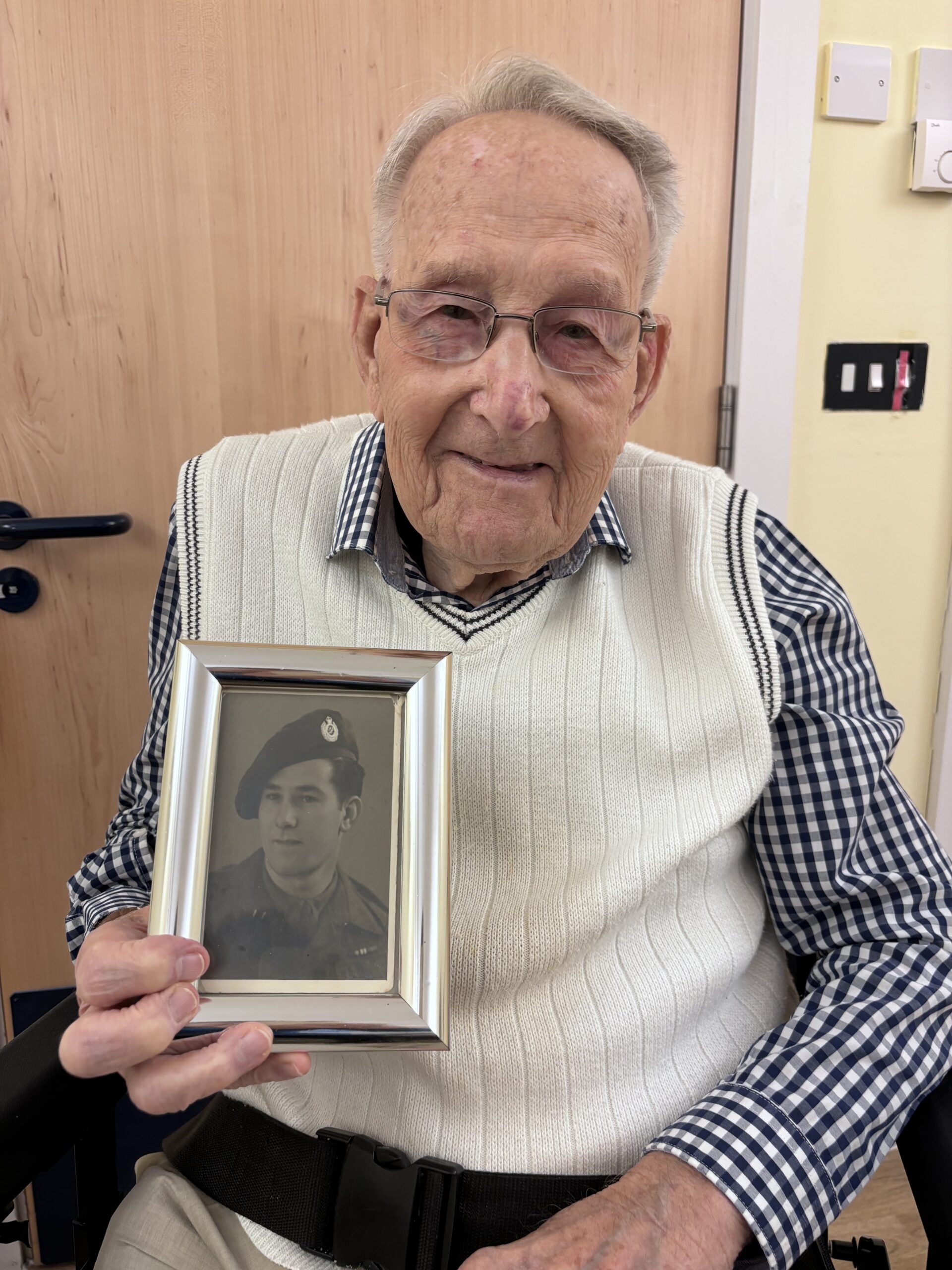
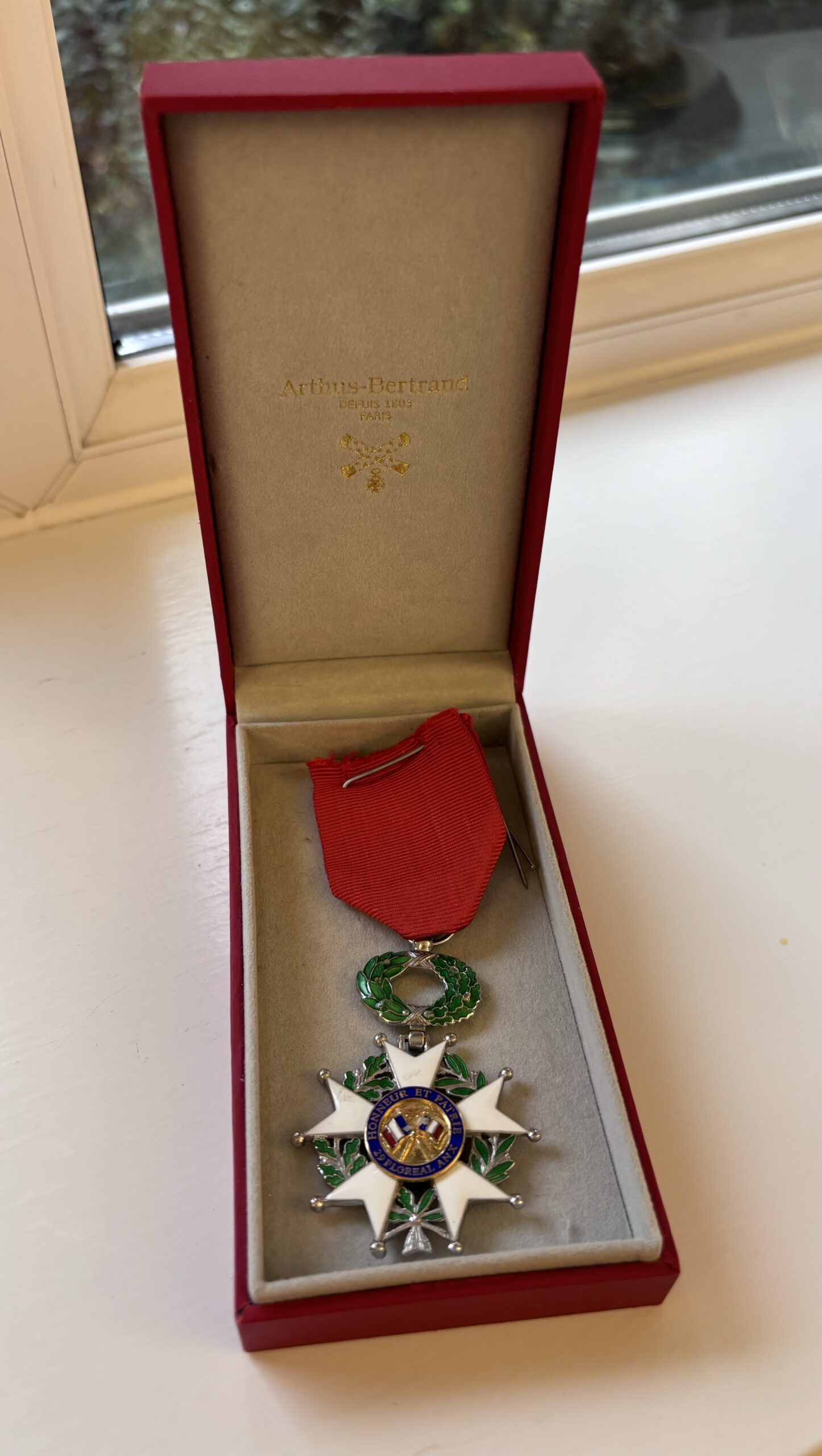
Ron’s service was also marked by personal loss. His best friend, whom he had worked with back home, was killed in Normandy. It was a poignant reminder of the war’s cost, a stark reality that stayed with Ron even as he spoke of it decades later.
Returning to civilian life, Ron briefly went back to his job at the gas company, which had undergone changes during his absence, before beginning his main career at Barclays Bank, where he remained for the next 30 years before his retirement. The transition was not easy, and the structure of the post-war world presented its own set of challenges. Yet, Ron adapted, carrying the lessons and experiences from his military service into his new life.
Ron’s reflections on his time in the army are candid and unvarnished. He admitted to disliking army life, a sentiment that was likely shared by many conscripted soldiers. However, within his narrative, there are threads of resilience and adaptability. His role in the football team, for instance, showed his capacity to find joy even in difficult circumstances.
At the age of 100, Ron’s story spans a century of history, encapsulating the personal sacrifices and contributions of a generation that faced the world’s greatest conflict. His interview is a reminder that behind the grand narratives of war are individual stories of endurance, loss, and the everyday reality of service.
Ron’s military experience is a microcosm of the larger history of World War II. It speaks to the collective effort of countless individuals who played varied roles – often far from the spotlight but crucial to the war effort. From the beaches of Normandy to the post-war occupation of Germany, Ron’s journey through the army was one of countless acts of service that, when woven together, form the fabric of our understanding of the war.
In today’s world, where the number of living World War II veterans dwindles with each passing year, preserving these personal histories is more important than ever. They serve as a connection to our past, a means of understanding the human aspects of war, and a way to honour the memory of those who served.
Ron, now a resident at Care for Veterans since summer 2021, initially joined for a few days of respite care following the passing of his wife and his ongoing battle with Ischemic heart failure. Previously, Ron lived in a flat with his wife, whom he married at 19. During his stay he’s formed a close friendship with John, an RAF veteran and former Lloyds Bank employee. They often enjoy coffee outings at the Heene Centre. Additionally, Ron’s daughter, residing in Worthing, ensures to visit him weekly, maintaining their family bond. His journey exemplifies the community and support found at Care for Veterans.
Click Here to learn how you can support our residents like Ron.
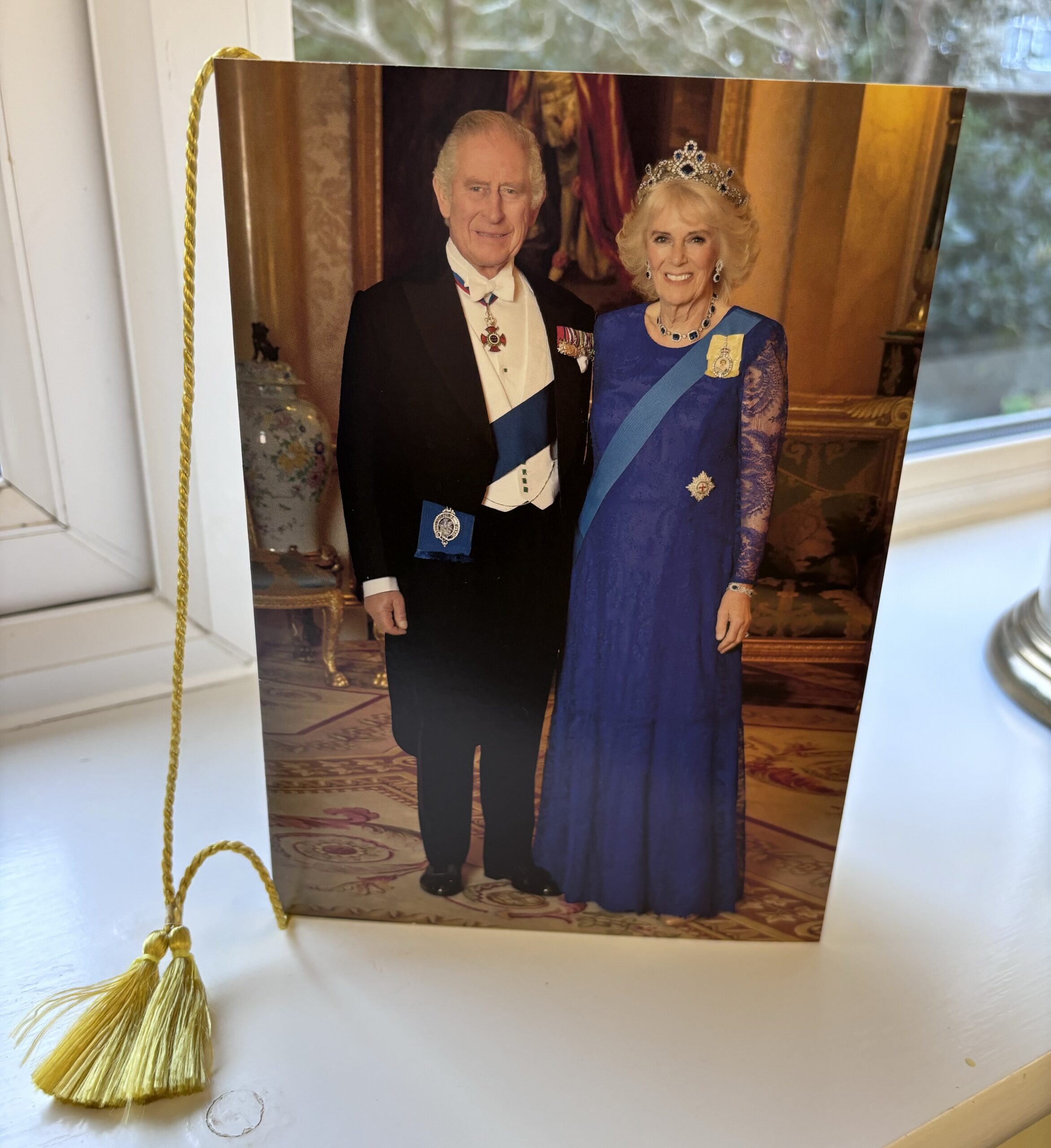
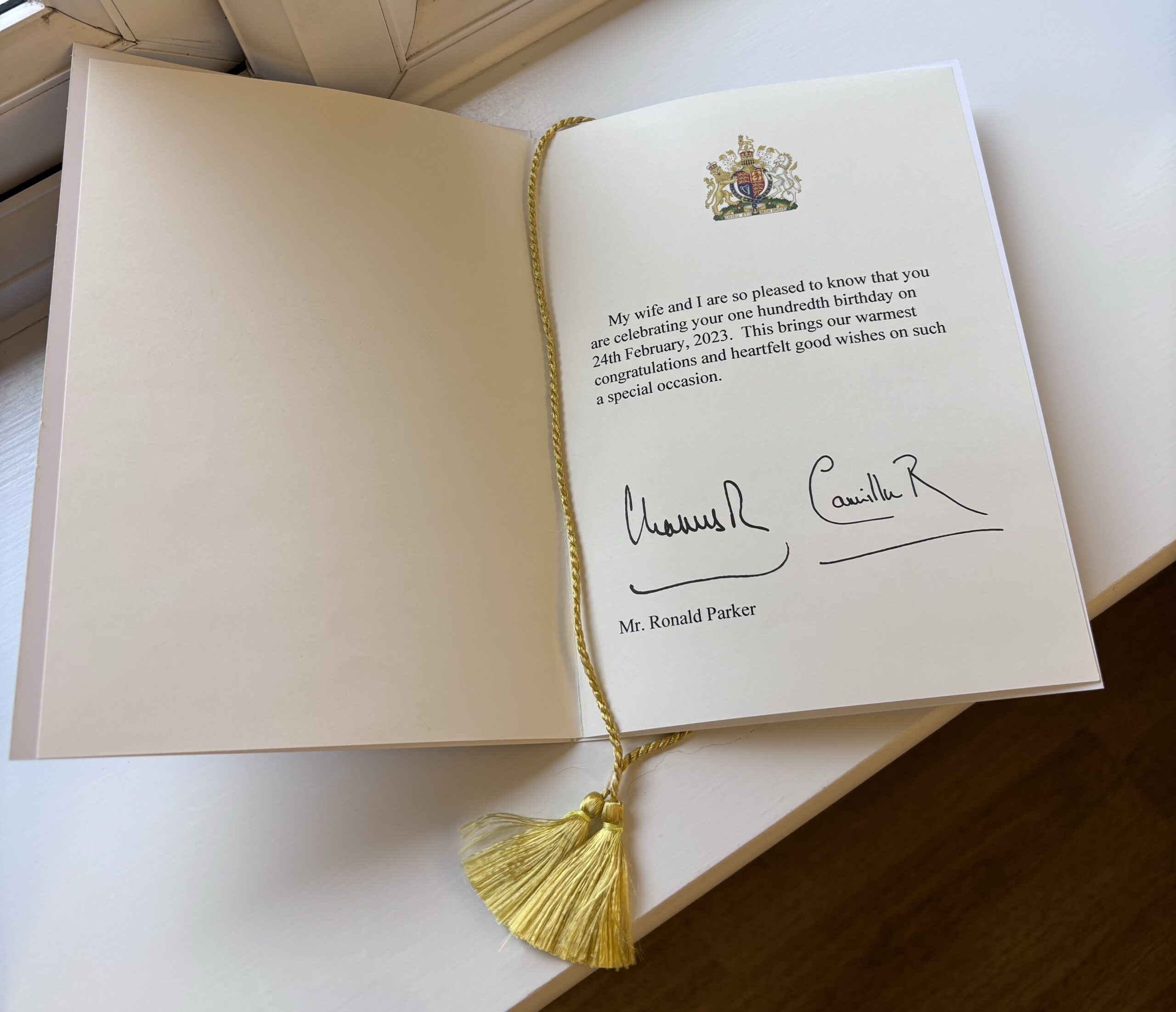
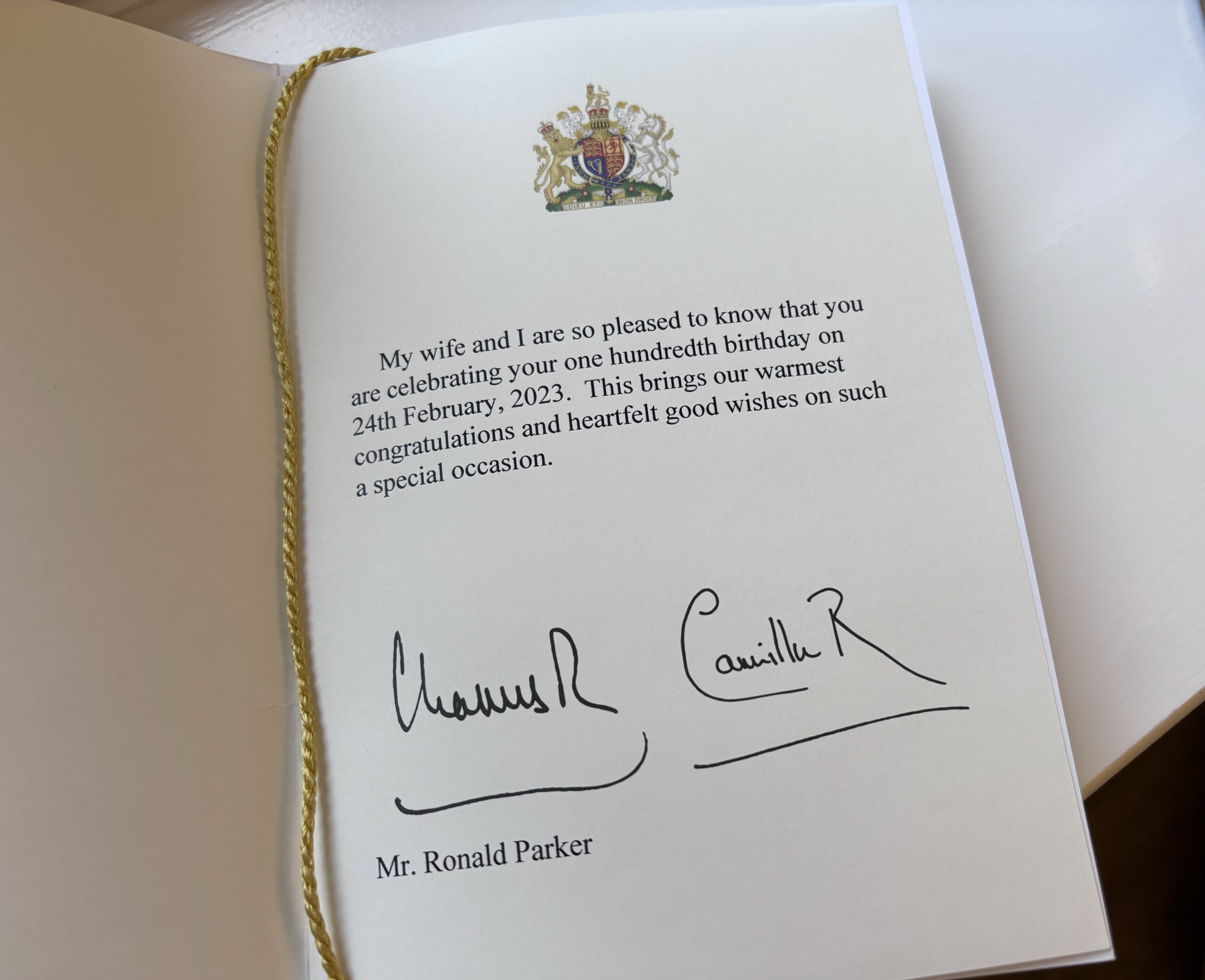
Responsive site designed and developed by
Click to go Madison Web Solutions' website